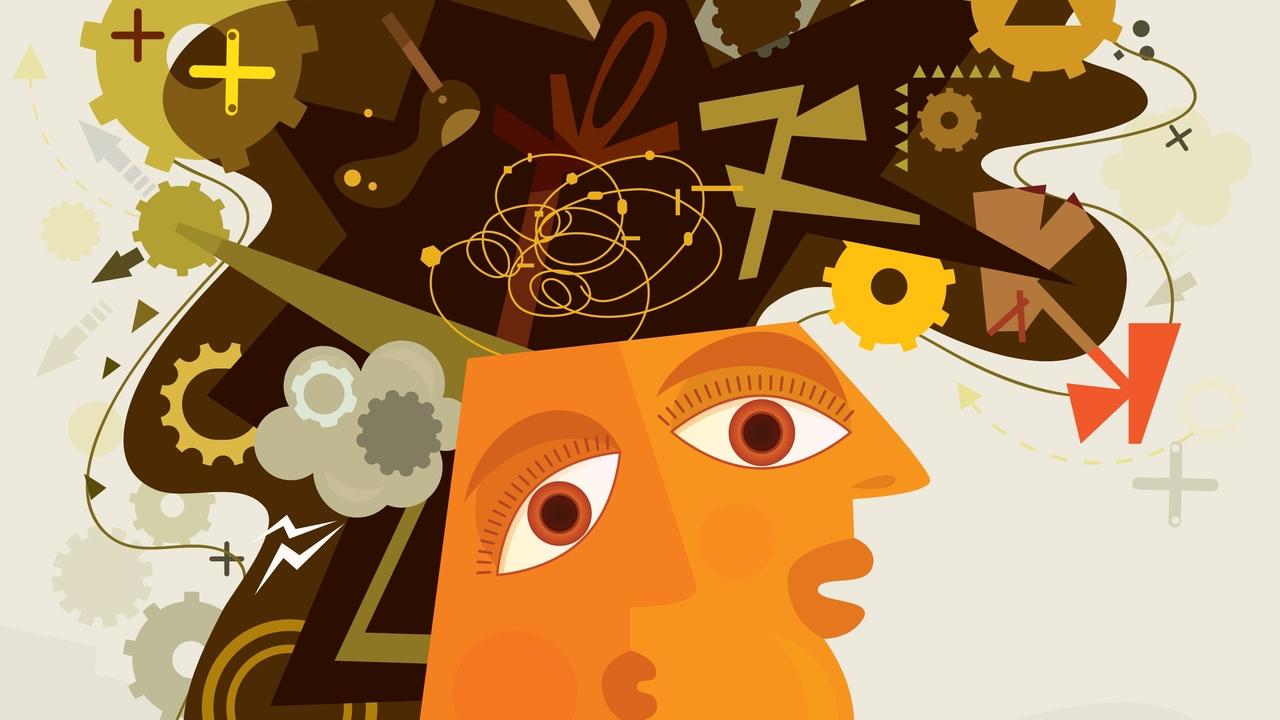EMBRACING CONFLICT DURING THE HOLIDAYS

Embracing Conflict
 At Beth and Jim’s house, the dining room had become a war zone. Exhausted after a long day of work, all they wanted was to find some comfort from each other. Instead, an argument about household chores had escalated into a full-blown yelling match.
At Beth and Jim’s house, the dining room had become a war zone. Exhausted after a long day of work, all they wanted was to find some comfort from each other. Instead, an argument about household chores had escalated into a full-blown yelling match.
Conflict shows up when what we want or think clashes with what someone else wants or thinks. Our primal instincts get threatened, and we try to protect our territory—our version of what is right and wrong, our opinion about what should happen next or our sense of entitlement to get what we want.
Because conflict taps into those deep instincts, it can feel like a personal attack. Depending on how situations were handled in our family of origin, our default response to conflict may be to fight, flee or hide.
Those responses may feel comfortable to us, because they’re what we know, but they’re no fun. And as a result we may do just about anything we can to avoid conflict. We may agree to something we don’t want to do, give up something we want or avoid taking risks.
The Benefits of Conflict
Conflict may feel uncomfortable but it can be positive. It can clear the air of resentments that have been poisoning your relationships. It can also highlight things, people or situations in your life that it’s time to let go of.
When Beth calmed down a bit, she realized that she’d been angry for a long time that, although they both worked full-time, she still was expected to do all the meal preparation and clean up. She shared her feelings honestly and requested that they split more of those chores, and they came to an agreement.
Facing conflict, and emerging from the other side of it, can give you a newfound strength and boost your self-esteem. It can also deepen your relationship and reinforce your bond.
Embracing Conflict
Changing our default response to conflict takes awareness and practice. When we embrace conflict, we stand our ground and accept the situation for what it is. We’re able to detach from it emotionally. Instead of tapping into our primal instincts, we can access our “higher” self; our loving, wise, intuitive side. That part of us can always find a win-win solution, or a way to find the learning and opportunity in even the most difficult encounter.
The more we face conflict, the more comfortable we become with it. We can’t rewrite our family history, but we can re-learn how to deal with the inevitable phases of disharmony in our relationships.
Conflict Pitfalls and Warning Signs
Different people have different styles of conflict. Try to be as sensitive and understanding as you can. When Beth stepped back, she realized that Jim probably didn’t realize that her resentment had been building up over time. She knew that he tended to react very strongly when he was tired, and that he had a hard time decompressing from the stress of the workday. By lashing out at him as soon as he came home, she set his typical stress response in motion.
For some people, conflict can be addictive, like adrenalin. The highs and lows of conflict can wear you down just like any other addictive substance. If you notice a sense of “thrill” when you’re gearing up to confront someone, take note and find an opportunity to explore your underlying motive. Some of the following tips may help:
Tips for Embracing Conflict
- Choose your battles. Before embracing a conflict head-on, decide if it’s truly necessary. In a year from now, would this still be important?
- Take a time out. At the first sign of conflict, check in with your own level of emotional centeredness. If you’re feeling attacked, or like your primal instincts are running the show, excuse yourself from the situation and get calm. This worked wonders for Beth.
- Check in with someone else. Discuss/vent your feelings with someone outside of the situation to diffuse your reactions first. Resist the temptation to get the person to take sides; focus on your feelings versus the details of who did what to whom.
Author’s content used under license, © 2017 JuliaBowlinMDLLC

